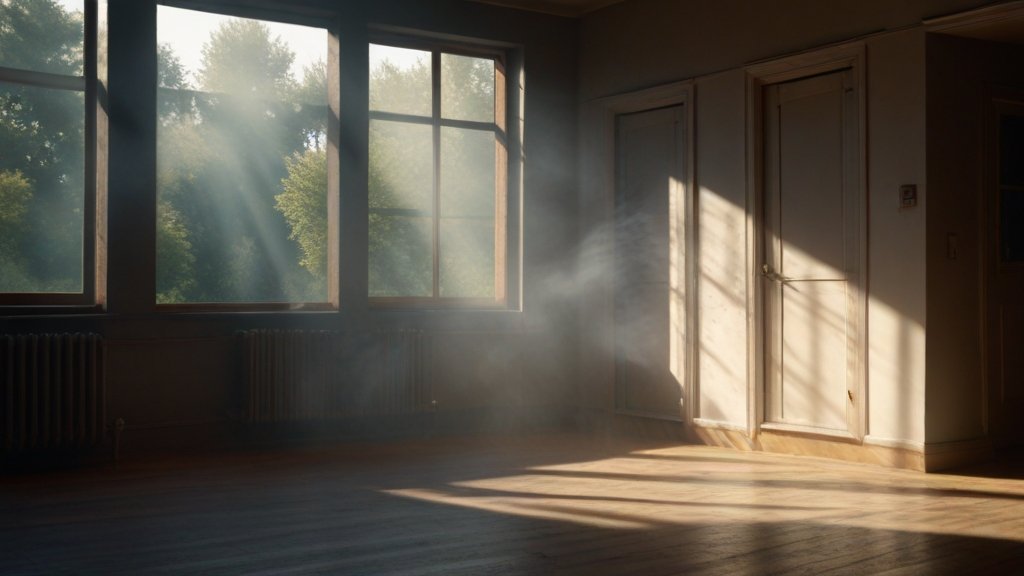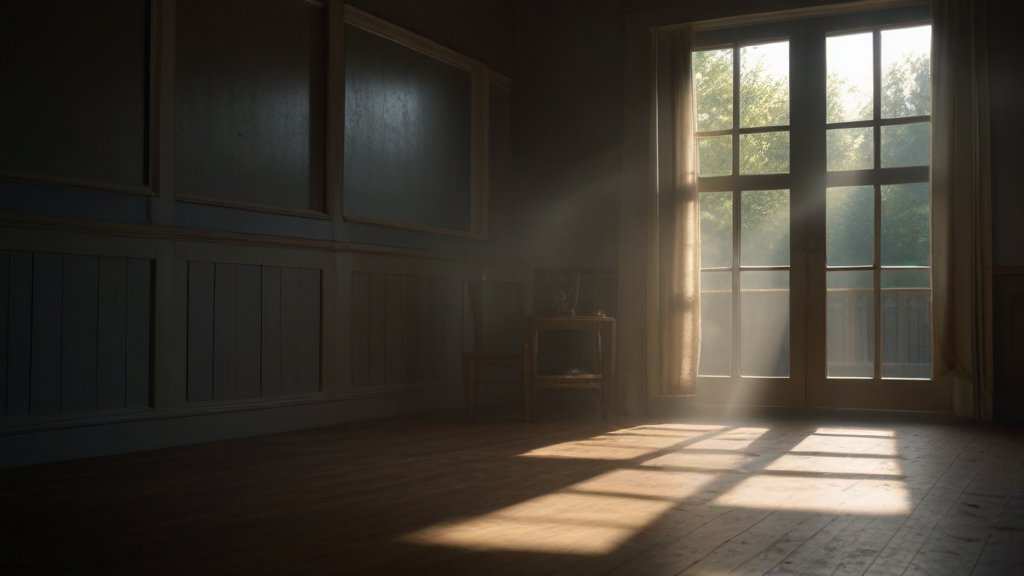Have you ever walked into a room and immediately noticed the lingering smoke smell, despite no one having smoked there recently? It’s a common occurrence that can be both unpleasant and concerning. But why does the smoke persist in indoor spaces long after the source has been removed?
Table of Contents

Understanding the Persistence of Smoke Scent
The lingering smell of smoke in a room can be attributed to several factors:
1. Residue Buildup:
When smoke is produced from sources like cigarettes, cigars, or burning materials, it releases tiny particles into the air. These particles can settle on various surfaces within a room, including walls, furniture, carpets, and curtains. Over time, the accumulation of these residues can contribute to the persistent smell of smoke, even after the source has been eliminated.
2. Porous Materials:
Certain materials, such as upholstery, curtains, carpets, and even walls, are porous in nature. This means they have small openings or pores that can absorb odors, including smoke particles. Once absorbed, these particles become trapped within the material, making it difficult to eliminate the smell through conventional cleaning methods.
3. HVAC System Circulation:
The HVAC (Heating, Ventilation, and Air Conditioning) system in a building plays a crucial role in circulating air throughout the space. When smoke particles are present in the indoor environment, they can be drawn into the HVAC system and circulated to different areas of the building. This continuous circulation can reintroduce the smell of smoke into rooms, even if the source has been removed.
Some Health Risks Associated with Lingering Smoke Smell Odor
Respiratory Issues:
Prolonged exposure to lingering smoke aroma can have adverse effects on respiratory health, especially for individuals with pre-existing conditions such as asthma or allergies. The presence of smoke particles in the air can irritate the airways, leading to symptoms such as coughing, wheezing, chest tightness, and shortness of breath.
Carcinogenic Compounds:
Smoke contains a complex mixture of chemicals, many of which are known carcinogens. Prolonged exposure to lingering smoke odor indicates the presence of these harmful compounds in the indoor environment, which can increase the risk of developing various types of cancer over time.
Indoor Air Quality:
The presence of lingering smoke is often indicative of poor indoor air quality. In addition to the smell of smoke, indoor air pollution may contain other harmful substances, such as volatile organic compounds (VOCs) and particulate matter. These smoke and other bad air pollutants can adversely affect on respiratory health and overall well-being.
Do These To Get Rid of Smoke Odor in a Room
1. Deep Cleaning:
Thorough cleaning is essential for removing smoke residues from surfaces within a room. This includes washing walls, furniture, floors, and other affected areas with cleaning solutions specifically formulated to break down and remove smoke particles. Steam cleaning carpets and upholstery can penetrate deep into fibers to effectively remove trapped smoke scent.
2. Air Purification:
Investing in a high-quality air purifier equipped with HEPA (High Efficiency Particulate Air) filters can significantly improve indoor air quality by capturing and removing smoke particles and other airborne pollutants. Place the air purifier strategically in the affected room for optimal performance.
3. Odor Absorption:
Certain materials, such as activated charcoal or baking soda, have natural odor-absorbing properties that can help neutralize smoke odors. Place bowls of activated charcoal or sprinkle baking soda on carpets, upholstery, and other porous surfaces affected by smoke. Allow these materials to sit for several hours or overnight to absorb odors before vacuuming or removing them.
4. Ventilation:
Maximizing ventilation in the room is essential for dissipating lingering smoke odors and improving indoor air quality. Open windows and doors to allow fresh air to circulate and replace stale, smoky air. Consider using fans to facilitate airflow and expedite the ventilation process, particularly after cleaning or applying odor-absorbing materials.
5. Professional Remediation:
For severe cases of lingering smoke scent, such as those resulting from fire damage, professional remediation may be necessary. Certified restoration specialists have the expertise and equipment to thoroughly clean and deodorize the affected area, including HVAC systems and ductwork. Professional remediation services ensure that all traces of smoke odor are effectively eliminated, restoring the indoor environment to a safe and healthy condition.
Conclusion
The persistence of smoke aroma in a room can be a frustrating and a nuisance problem and may pose health risks if left untreated. But with the right approach, it is entirely manageable. By understanding the underlying causes of lingering smoke smell, recognizing the potential health risks associated with it, and employing effective remediation methods, you can successfully eliminate smoke odors and create a clean, healthy indoor environment for yourself and your loved ones.
Sometimes it is also seen that the lingering smoke odor affects some people’s mentality and tolerance ability as they start feeling depressed, unhappy, unrest while living in that space. That time, it’s most crucial that they start focusing on their mental health and ways to improve it so it doesn’t impact their liveliness until this whole thing of lingering smoke odor is sorted out in the affected area.












